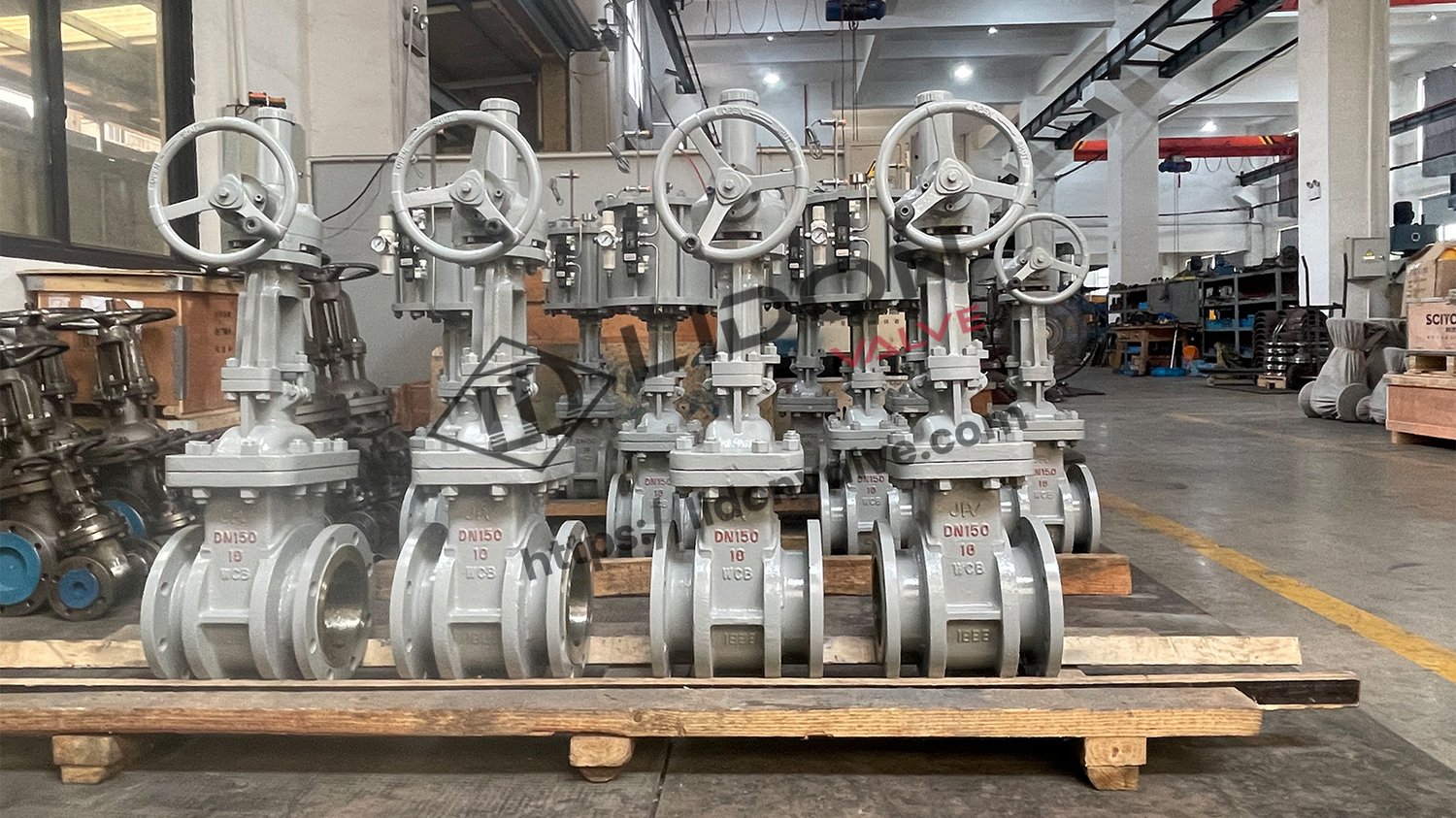The Basics: Understanding Swing Check Valves
Before delving into the various applications of swing check valves, it is important to have a clear understanding of what they are. A swing check valve, also known as a tilting disc check valve, is a type of valve used to regulate the flow of fluids in a piping system. It consists of a disc that swings open and closed on a hinge or a pivot, allowing fluid to flow in only one direction. When the fluid flows in the desired direction, the disc swings open, and when the flow reverses, it swings closed to prevent backflow.
Preventing Backflow: Essential Role in Plumbing Systems
In plumbing systems, preventing backflow is of utmost importance to maintain the integrity and safety of the entire system. This is where swing check valves come into play. By allowing fluid to flow in only one direction, these valves effectively prevent the reversal of flow, ensuring that contaminated or undesirable fluids do not enter the clean water supply. Swing check valves are commonly used in residential, commercial, and industrial plumbing systems to prevent backflow and maintain system efficiency.
Oil and Gas Industry: Safeguarding Pipelines and Equipment
The oil and gas industry heavily relies on swing check valves to safeguard their pipelines and equipment. These valves are commonly used in pipelines to prevent the backflow of oil, gas, or other fluids that could potentially damage the system or compromise its safety. Swing check valves provide a reliable solution to maintain the desired flow direction while minimizing pressure drop, making them an essential component in the oil and gas industry.
Water Treatment Plants: Ensuring Efficient Treatment Processes
Water treatment plants play a crucial role in providing clean and safe water for consumption. Swing check valves find extensive use in these plants to ensure efficient treatment processes. These valves help control the flow of water and other fluids, allowing for precise regulation of chemical dosing, filtration, and disinfection systems. By preventing backflow, swing check valves maintain the integrity of the treatment process and minimize the risk of contamination.
Power Generation: Protecting Turbines and Pumps of Swing Check Valve
Power generation facilities, such as thermal power plants and hydroelectric stations, rely on swing check valves to protect their turbines and pumps. These valves are used in the cooling water systems to prevent backflow, ensuring that the water flows in the desired direction and does not cause any damage to the turbines or pumps. Swing check valves also help maintain system efficiency by minimizing pressure losses and optimizing flow control.
Chemical Processing: Safeguarding Against Cross-Contamination
In chemical processing plants, preventing cross-contamination is vital to ensure product quality and safety. Swing check valves are commonly used in these facilities to control the flow of various chemicals and prevent their backflow into other process streams. The swing check valve's design and functionality make it an ideal choice for maintaining the separation and integrity of different chemical processes, reducing the risk of contamination and ensuring the desired product quality.
Fire Protection Systems: Ensuring Reliable Water Supply
Fire protection systems rely on swing check valves to ensure a reliable water supply during emergencies. These valves are installed in fire sprinkler systems and fire hydrants to prevent backflow and maintain the availability of water for firefighting purposes. By allowing water to flow in only one direction, swing check valves ensure that the water supply remains unaffected by potential backflow from the fire suppression system.
HVAC Systems: Optimizing Flow Control of Swing Check Valve
Heating, ventilation, and air conditioning (HVAC) systems require efficient flow control to ensure optimal performance and energy efficiency. Swing check valves are commonly used in HVAC systems to regulate the flow of water, refrigerants, or other fluids. By preventing backflow, these valves help maintain system efficiency, prevent damage to equipment, and ensure consistent temperature control.
Wastewater Treatment: Maintaining Proper Flow Direction
Swing check valves play a crucial role in wastewater treatment plants by maintaining the proper flow direction and preventing backflow. These valves are used in various stages of the treatment process, from pumping stations to discharge points, to ensure that the wastewater flows in the intended direction and does not contaminate other areas of the system. Swing check valves help maintain the efficiency and effectiveness of wastewater treatment processes.
Marine Applications: Controlling Fluid Flow on Ships
Swing check valves find extensive use in marine applications, particularly on ships and offshore platforms, to control fluid flow. Whether it is for ballast systems, bilge pumping, or seawater cooling, swing check valves ensure that the fluid flows in the desired direction, preventing any potential damage or contamination. With their reliable functionality and ability to withstand harsh marine environments, swing check valves are a staple in the maritime industry.

